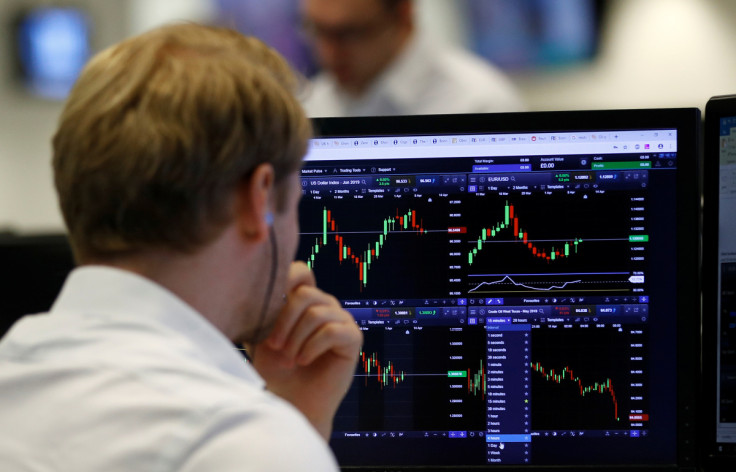Netflix, Tesla, And Bank Of America To Set The Pace For The Earnings Season In the Week Ahead
Financial reports from Netflix, Tesla, and Bank of America in the week ahead will determine whether Wall Street is in an earnings recession or recovery.
For weeks, Wall Street prayed close attention to the economy, sifting through inflation and retail sales numbers to figure out Fed's next move in setting interest rates, a critical variable in asset valuation.
At the end of last week, Wall Street turned its attention to corporations when JPMorgan and BlackRock reported earnings, another critical variable in asset valuation. Both financial giants fared better than analysts expected, benefiting from an outflow of deposits from smaller regional banks to larger banks and financial companies following the collapse of SVB.
In the coming week, traders and investors will get the opportunity to figure out whether JPMorgan's and BlackRock's solid earnings is a trend or an aberration when Bank of America (BAC) takes center stage on Tuesday morning in the earnings parade. Analysts expect the financial giant to report Q1 EPS of $0.8, but there could be surprises here too.
"The big banks will be keenly watched as not only do they often set the mood music for the rest of the season, but also because they are more intricately linked to the rest of the economy than most other sectors," deVere Group's Nigel Green said.
"A fall in bank earnings could indicate a lack of confidence in the wider economy, which would cause investors to pull back on their investments and further exacerbate the likelihood of a forthcoming recession."
On Tuesday afternoon, Wall Street's focus will turn from the financial sector to the technology sector, with Netflix reporting earnings after the market close. Analysts expect the streaming giant to report an EPS of $2.81 compared to $3.53 last year, as competition from Disney, rising content costs, and market saturation are catching up with the streaming giant.
Then there is Tesla's earnings report on Wednesday after the market close. Analysts expect the EV pioneer to report an EPS of $0.75, down from the 0.95 reported in the same quarter last year, as price cuts are catching up with the company's bottom line.
Thus far, the earnings season points to an earnings recovery, according to the FactSet, which closely monitors the performance of the S&P 500, with both the number of positive earnings surprises and the size of these earnings surprises coming above their 10-year averages.
"Overall, 6% of the companies in the S&P 500 have reported actual results for Q1 2023 to date," said John Butters, Vice President, and Senior Research Analyst of the company, in a blog. "Of these companies, 90% have reported actual EPS above estimates, which is above the 5-year average of 77% and above the 10-year average of 73%. In aggregate, companies are reporting earnings that are 7.9% above estimates, which is below the 5-year average of 8.4% but above the 10-year average of 6.4%."
Still, Green isn't that optimistic about the rest of the earnings season given macroeconomic headwinds like a slow-down in retail sales, the cooling of the labor market, and an inverted yield curve. They all signal a possible recession, something that the Fed predicted in its recently released Beige Book.
That's why he advises investors to pay closer attention to the guidance rather than the reported results.
"Guidance will be in investors' minds this earnings season. Last time around, there was much negative guidance from corporates, and I think we'll have much of the same this time, too," Green added.

Ben Thompson, Chief Investment Officer of Delegate Advisors, is concerned about valuations.
"The rubber will meet the road a bit on stock market valuations over the next couple weeks as we get through the bulk of the earnings news," he told IBT. "Earnings expectations haven't really changed much for quite some time and remain relatively high, so surprises there could mean more than the inflation prints for equity valuations."
© Copyright IBTimes 2024. All rights reserved.






















